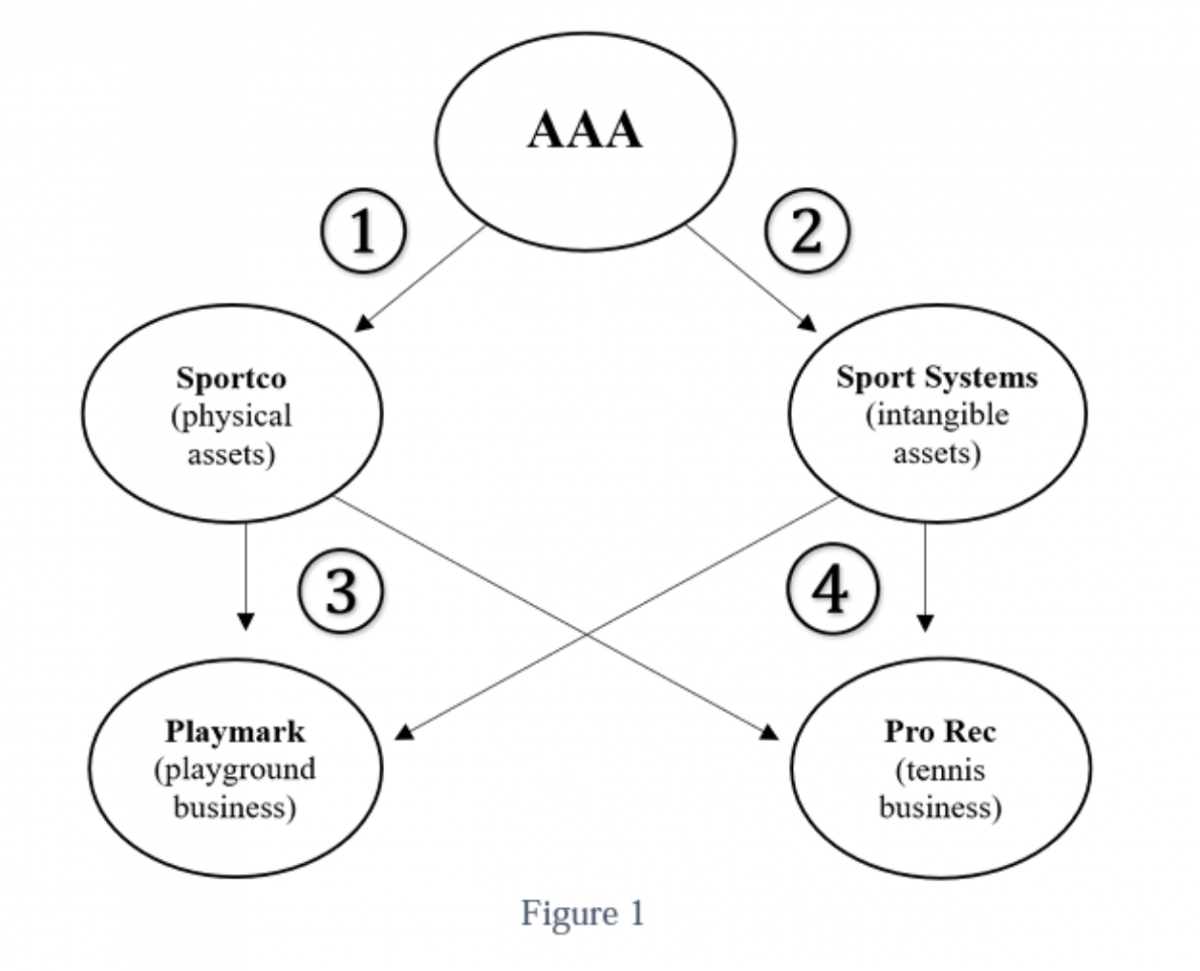If you are currently embroiled in a custody dispute or have a family member, co-worker or colleague going through a custody dispute, you may have wondered does the Court consider the child’s input or desires. We’ll examine that and additional factors in child custody decisions.
Does My Child’s Preference Really Matter?
The Maryland Court of Special Appeals stated that “the children have a substantial interest in the outcome of their parents’ custody dispute and are individuals with rights recognized by the courts, even though they are not formally recognized parties to the lawsuit.” Auclair v. Auclair, 127 Md. App. 1, 12-13 (1999)
The Court’s Role
In Maryland in order to determine custody, the trial court is required to determine the best interests of the minor child. “In Montgomery County v. Sanders, 38 Md. App. 406, 420 (1977). In Leary v. Leary, the Maryland Court of Special Appeals stated “[t]he bottom line in any custody dispute is: what is in the ‘best interests’ of the children? citing Ross v. Hoffman, 280 Md. 172 (1977) and a judge agonizes more about reaching the right result in a contested custody issue than about any other type of decision he renders.” Leary v. Leary, 97 Md. App. 26, 37 (1993).
Most Important Factors in Child Custody
To assist trial courts, the Court of Special Appeals set forth a list of factors that a trial court should consider to determine the children’s best interests. “The criteria for judicial determination [of child custody] includes, but is not limited to the 1) fitness of the parents; 2) character and reputation of the parties; 3) desire of the natural parents and agreements between the parties; 4) potentiality of maintaining natural family relations; 5) preference of the child; 6) material opportunities affecting the future life of the child; 7) age, health and sex of the child; 8) residences of parents and opportunity for visitation; 9) length of separation from the natural parents; and 10) prior voluntary abandonment or surrender.” Montgomery County v. Sanders, 38 Md. App. 406, 420, 381 A.2d 1154 (1977), see also, Md. Ann Code, Family Law Art. § 9-104, Taylor v. Taylor, 60 Md. App. 268 (1984), judgment vacated, 306 Md. 290 (1986), and Ross v. Hoffman, 280 Md. 172 (1977).
The children’s preference is “clearly reflected in the best interest of the child standard that is used to resolve custody determinations.” In Leary v. Leary, 97 Md. App. 26, 48 (1993). The Court of Appeals explained:
The desires of the child are consulted, not because of any legal right to decide the question of custody, but because the court should know them in order to be better able to exercise its discretion wisely. It is not the whim of the child that the court respects, but [the child’s] feelings, attachments, reasonable preference and probable contentment. (cited in Auclair v. Auclair, 127 Md. App. 1, 12-13 (1999))
The Court May Interview the Minor Child
Maryland case law and statutes are clear that the court may consider the child’s preference. “The trial court has the discretion to interview a child.” Marshall v. Stefanides, 17 Md. App. 364 (1973). In Karanikas v. Cartwright, 209 Md. App. 571 (2013) the Court of Special Appeals, “[t]he trial judge exercised this discretion by electing to hear other testimony first in order to determine whether the child’s testimony would be useful. The trial judge later … decided to interview the child in chambers.” Id. at 595. The Court of Special Appeals held that the trial court did not err in handling the issue of interviewing the child in this manner.
At What Age Can a Child Make Custody Decisions?
If the court does interview a child(ren), the court can then determine weight to give the child’s preference:
“[I]n determining in a contest for custody what will promote the best interests of the child, the child’s own wishes may be consulted and given weight if he is of sufficient age and capacity to form a rational judgment. … But we adopt the rule that there is no specific age of a child at which his wishes should be consulted and given weight by the court. The matter depends upon the extent of the child’s mental development.” Ross v. Pick, 199 Md. 341, 353 (1952) [Emphasis added], see also, Leary v. Leary, 97 Md. App. 26, 36 (1993) (citing Casey v. Casey, 210 Md. 464, 474 (1956)). [Emphasis added]
Competency of a Child as a Witness
In Krebs v. Krebs, the Court of Appeals reviewed the “the propriety of an order passed granting custody to the mother of a girl [ ] 12 years of age and of a boy [ ] 9 years of age. Krebs v. Krebs, 255 Md. 264, 264 (1969) Ultimately, the Court of Appeals remanded the case to the trial court without affirming or reversing the trial court.
The Court explained the significance of examining all factors in a custody determination. “We are not here dealing with chattels. We are dealing with two growing children who, undoubtedly, love both of their parents, and who are loved by both of their parents, children who have suffered tremendously from the trauma of their parents’ separation and the warfare between the parents.” Krebs v. Krebs, 255 Md. 264, 266 (1969) “The absolute obligation on the trial judge to undertake a thorough examination of all possible factors before determining child custody was forcefully set out by Judge McAuliffe in Taylor v. Taylor, 306 Md. 290, 303 (1986):
Formula or computer solutions in child custody matters are impossible because of the unique character of each case, and the subjective nature of the evaluations and decisions that must be made. … no single list of criteria will satisfy the demands of every case.
We emphasize that in any child custody case, the paramount concern is the best interest of the child. … The best interest of the child is therefore not considered as one of many factors, but as the objective to which virtually all other factors speak. [Emphasis supplied in original).
While the Maryland appellate courts have not determined a precise age for the trial courts to consider, in Brandau v. Webster, 39 Md. App. 99 (1978), the trial court refused to hear testimony from the 6 year old child, Erika, of the parties in determining the custody of the two oldest children (the court did hear, and weigh heavily, the testimony of the two older children who were 16 and 15.5 at the time). On appeal, the Court stated that “[t]he sole question to be decided by us is whether the Chancellor erred in refusing to conduct or to allow a voir dire examination of Erika in order to determine her competency to testify as a witness in this case.” Id. at 103.
The Court of Special Appeals found that “it was error for the Chancellor to refuse to conduct the examination of the proposed witness … either in court or in chambers in order to determine whether she was, in fact, a competent witness. It is true that the decision us to the competency of a witness is within the sound discretion of the trial court but the court must at least conduct such an examination as will disclose the factual basis on which his conclusion as to competency rests.” Id. at 105-106. [Emphasis added]
In support of that conclusion the Court stated:
“As there is no precise age which determines the question of competency, the court must resort to a determination of the capacity and intelligence of the child and its appreciation of the difference between truth and falsehood.”
Thus, a trial court is required to make judicial inquiry in determining the competency of a child.
The Court’s Method of Interviewing a Child
A child would likely feel uncomfortable testifying in front of his parents, so judges typically interview children in their chambers. Many times, judges will remove their official robe to help a child feel more at ease. (One judge has a ping pong table in his chambers to help children feel more comfortable.)
“In a custody case, it is proper for the chancellor, in his discretion, to interview the child out of the presence of the parties, with or without the consent of the parties and with or without the presence of counsel. In all cases, unless waived by the parties, the interview must be recorded by a court reporter and immediately following the interview its content shall be made known to counsel and the parties by means of the court reporter’s reading of the record to them.” Shapiro v. Shapiro, 54 Md. App. 477, 480 (1983).
“It has been held that it is the duty of the Court to conduct the child’s examination; that the child’s appearance, fear or composure, general demeanor and manner of answering and any indication of coaching or instruction as to answers to be given are as significant as the words used in answering during the examination, to determine competency, and it is impossible to make such important and necessary observations unless the child appears personally before the court.’ ‘It is error to arbitrarily exclude the child as a witness without such examination.’” Volume 81, American Jurisprudence 2d, Witnesses, Section 92.
Child Custody Lawyers
Obviously, in determining whether a child should testify, a party and his or her legal counsel should give consideration to the child’s own feelings, the impact the child’s testimony may have on the child and his or her relationship with each of the parents, and the psychological impact it may have on the child. While it is sometimes not ideal to have children testify, the trial court can also appoint a Best Interest Attorney to meet the objective of considering the child’s preferences without subjecting the child(ren) the scrutiny of being in Court or the later ramifications of believing they may have played a party in the dissolution of their family (discussed more in depth here).
Experts in Maryland Child Custody Laws
If you are considering a divorce and have children, one of the best things you can do is to retain a child custody lawyer. A Maryland child custody lawyer will be experienced in negotiations and creating agreeable parenting arrangements. Serving the areas of Maryland, the District of Columbia, and Virginia, JGL child custody and divorce attorneys are here to serve you. Contact us today to set up a free appointment.
Darin L. Rumer is a partner in Joseph, Greenwald & Laake’s Family Law practice group. Mr. Rumer has successfully tried multiple divorce, custody and child support cases throughout the state of Maryland for over 20 years and routinely provides counsel to clients as they navigate a difficult and stressful time in their lives. Mr. Rumer routinely advises and represents clients in family law matters including child custody and divorce litigation, separation agreements, child support and alimony issues, property distribution issues, domestic violence, and all other areas of family law.


